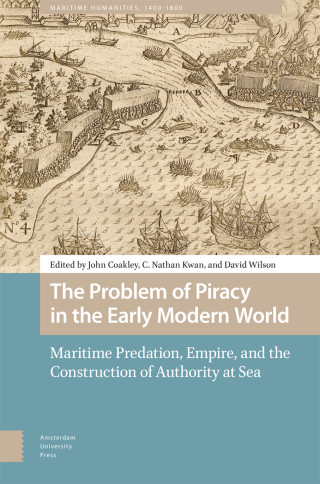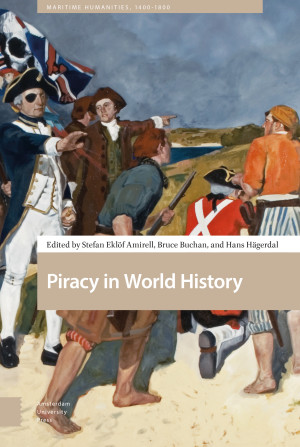Acknowledgements
1 Introduction: Piracy in World History
Stefan Eklof Amirell, Bruce Buchan, and Hans Hagerdal
2 "Publique Enemies to Mankind": International Pirates as a Product of International Politics
Michael Kempe
3 All at Sea: Locke's Tyrants and the Pyrates of Political Thought
Bruce Buchan
4 The Colonial Origins of Theorizing Piracy’s Relation to Failed States
Jennifer L. Gaynor
5 The Bugis-Makassar Seafarers: Pirates or Entrepreneurs?
Hans Hagerdal
6 Piracy in India's Western Littoral: Reality and Representation
Lakshmi Subramanian
7 Holy Warriors, Rebels, and Thieves: Defining Maritime Violence in the Ottoman Mediterranean
Joshua M. White
8 Piracy, Empire, and Sovereignty in Late Imperial China
Robert J. Antony
9 Persistent Piracy in Philippine Waters: Metropolitan Discourses about Chinese, Dutch, Japanese, and Moro Coastal Threats, 1570–1800
Birgit Tremml-Werner
10 Sweden, Barbary Corsairs, and the Hostis Humani Generis: Justifying Piracy in European Political Thought
Joachim Ostlund and Bruce Buchan
11 "Pirates of the Sea and the Land": Concurrent Vietnamese and French Concepts of Piracy during the Second Half of the Nineteenth Century
Stefan Eklof Amirell
12 Pirate Passages in Global History: Afterword
Lauren Benton





